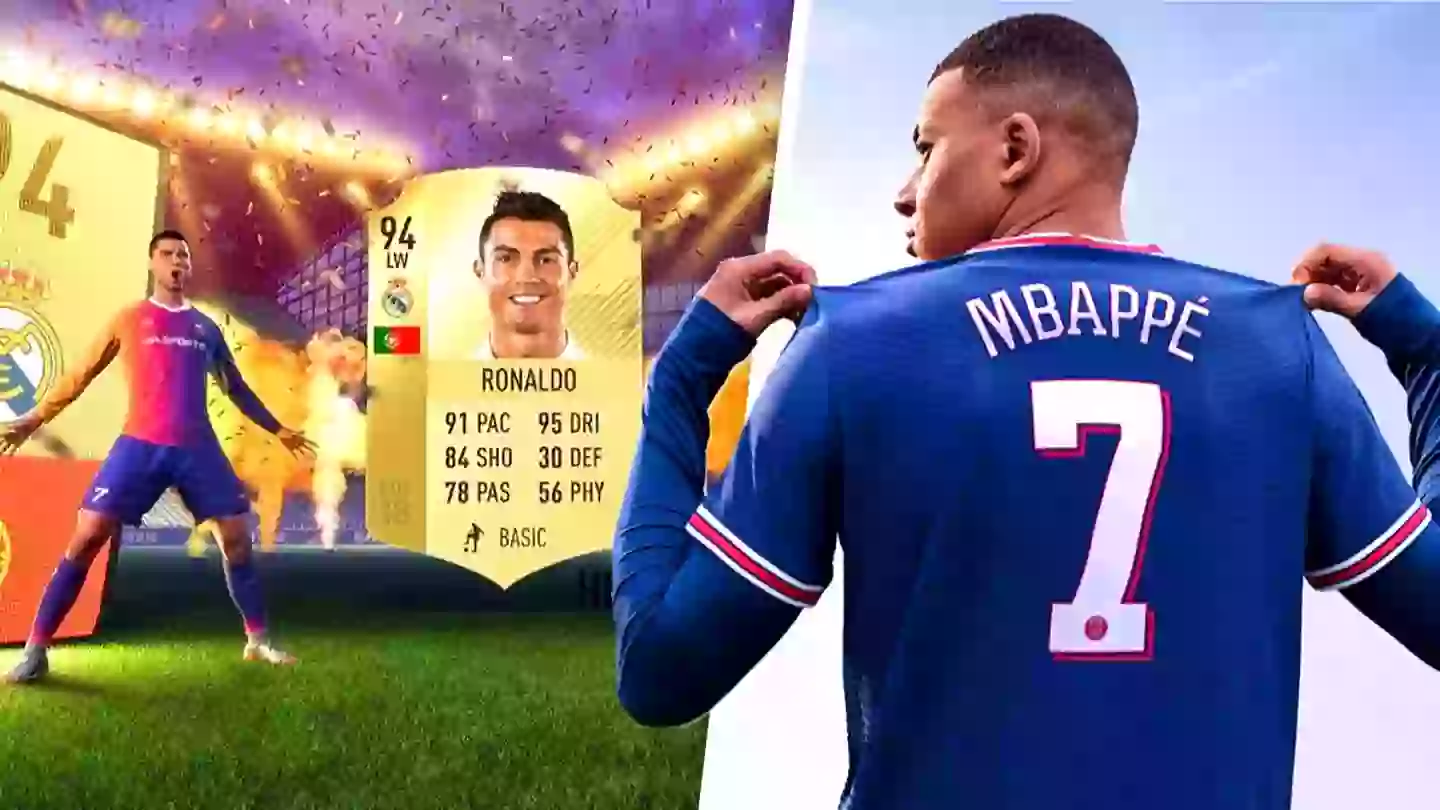
EA has managed to win a legal battle and dodge a massive €10 million fine, after previously refusing to remove loot boxes from FIFA Ultimate Team.
This case started way back in October 2020, which feels like a lifetime ago. At the time, the court ruled that the Kansspelautoriteit (KSA - the Dutch authority for gambling and related gaming matters) would be able to fine EA €500,000 for every week they continued selling loot boxes in the game. The fine had a cap of €10 million, but EA decided to challenge the ruling, by refusing to pay the fine or remove the loot boxes.
You don't need to buy loot boxes to play FIFA, but there's no doubt that a lot of players get very invested in opening them - check out these clips below.
As reported by VGC, it’s now been ruled by the Dutch Administrative Jurisdiction Division of the Council of State that the previous ruling gave an “unjustified penalty”, and they won’t actually have to pay anything at all.
Advert
Basically, the whole case hinged on whether or not FIFA’s loot boxes counted as a “game of chance”, which, under Dutch law, you require a special “gaming license” for - if the chance element is its own standalone feature, rather than one part of a larger game of skill (cheers, VGC). The KSA had previously argued that the loot boxes did count as standalone, and that therefore EA should pay a fine since they didn’t own a license, but that’s now been overturned.
“While packs cannot be opened while playing matches and quests, they can be opened in the same FUT mode,” the new court ruling explained. “The fact that the packs are opened separately from the match or in-game task does not make it a separate game.
“Because the packs are not a stand-alone game, they are not a game of chance and do not require a licence. Therefore, the publisher did not violate the Betting and Gaming Act and the Games of Chance Authority should not have imposed a penalty payment on the publisher.”
So, that’s that. Whether or not they’re legal, the inclusion of loot boxes in games continues to be a massively morally grey area, especially when it comes to games that kids are likely to be playing - a study last year found a “robust” link between gambling problems and “surprise mechanics”. For now, despite all the controversy, they seem to be here to stay.